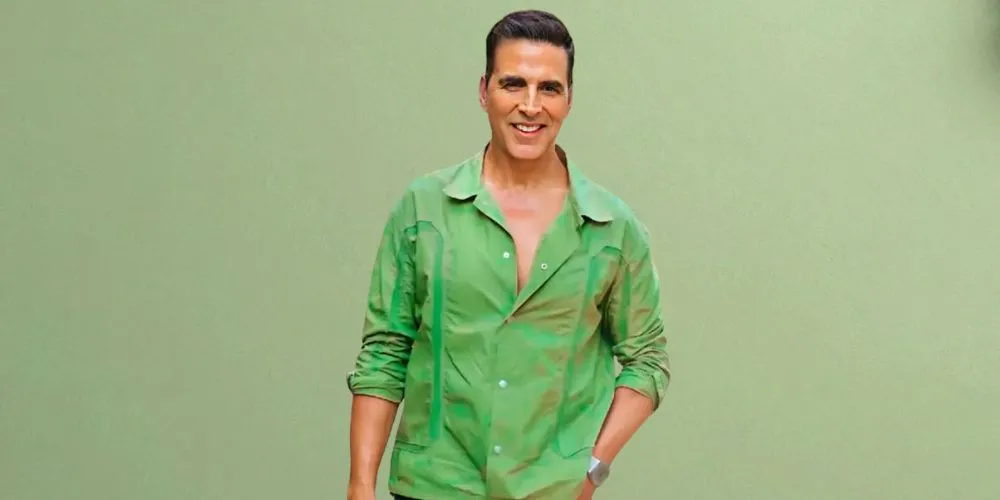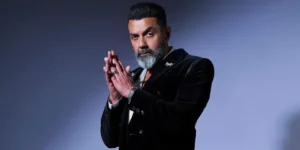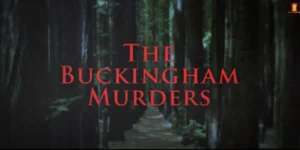Actor Akshay Kumar Appeals Tribunal’s Previous Dismissal, Demanding Payment for Contracted Services of endorsement.

Bollywood superstar Akshay Kumar has escalated his legal battle against edtech company Cue Learn Private Ltd, taking his plea to the National Company Law Appellate Tribunal (NCLAT). The actor contests the company’s alleged payment default of a substantial ₹4.83 crore stemming from a 2021 brand endorsement agreement. Kumar’s move to the NCLAT follows the National Company Law Tribunal (NCLT) dismissing his initial petition, forcing the actor to pursue the claim through the higher legal body.
The core of the dispute rests on an endorsement agreement signed in March 2021, which engaged Akshay Kumar, formally Akshay Kumar Bhatia, to provide promotional services for the edtech platform, known for its Cuemath program. The total contractual fee for the star’s services stood at ₹8.10 crore, structured to be paid in two separate tranches.
Cue Learn successfully remitted the first tranche of ₹4.05 crore. However, the company allegedly failed to release the second payment, amounting to ₹4.05 crore plus applicable GST, which, with interest, totals approximately ₹4.83 crore. Kumar’s legal team contends that the actor fulfilled his primary obligations under the agreement, including an initial endorsement day, and the company utilized the promotional deliverables, such as Television Commercials (TVCs), on its social media platforms.
Akshay Kumar initially approached the Delhi bench of the NCLT in 2022, filing a petition under Section 9 of the Insolvency and Bankruptcy Code (IBC), 2016. He classified the outstanding amount as ‘operational debt,’ a category that allows creditors to trigger the corporate insolvency resolution process (CIRP) against a defaulting company.
The NCLT, in its January 2025 ruling, rejected Kumar’s petition, making a critical distinction. The tribunal argued that the actor’s claim did not qualify as operational debt under the IBC framework. Instead, the bench held that the dispute arose from an alleged breach of contract—specifically over the utilization of a second endorsement day—and therefore amounted to a claim for ‘liquidated damages,’ which properly falls under the jurisdiction of a civil court, not the NCLT.
The edtech firm countered Kumar’s claim by arguing the second payment was conditional upon the actor’s availability for a mutually agreed-upon second endorsement day. Cue Learn asserted that Kumar never proposed the necessary dates for this second day, thereby breaching the contract and negating his claim for the balance payment.
Undeterred by the NCLT’s dismissal, Akshay Kumar’s legal counsel quickly lodged an appeal with the NCLAT, maintaining that the initial tribunal incorrectly interpreted the contract’s clauses. The legal team strongly asserts that the actor was entitled to receive the second tranche of payment by the agreed-upon deadline, irrespective of whether the company ultimately utilized his services for the second endorsement day.
They argue that the NCLT failed to give due consideration to the contractual stipulations that governed the payment schedule. The NCLAT has formally taken up the actor’s plea, agreeing to re-examine whether the ₹4.83 crore outstanding payment constitutes a ‘debt’ appropriate for resolution under the IBC, or if the NCLT was correct in deferring the matter to a civil court.
This high-profile case highlights the complex legal nuances surrounding celebrity endorsement deals, particularly within India’s fast-evolving legal framework for corporate insolvency. The NCLAT’s forthcoming decision will establish a significant precedent regarding how contractual disputes, especially those involving celebrities and brand agreements, are viewed under the stringent terms of the Insolvency and Bankruptcy Code. The industry eagerly awaits the tribunal’s ruling as it could redefine the risk landscape for both brands and endorsers.




